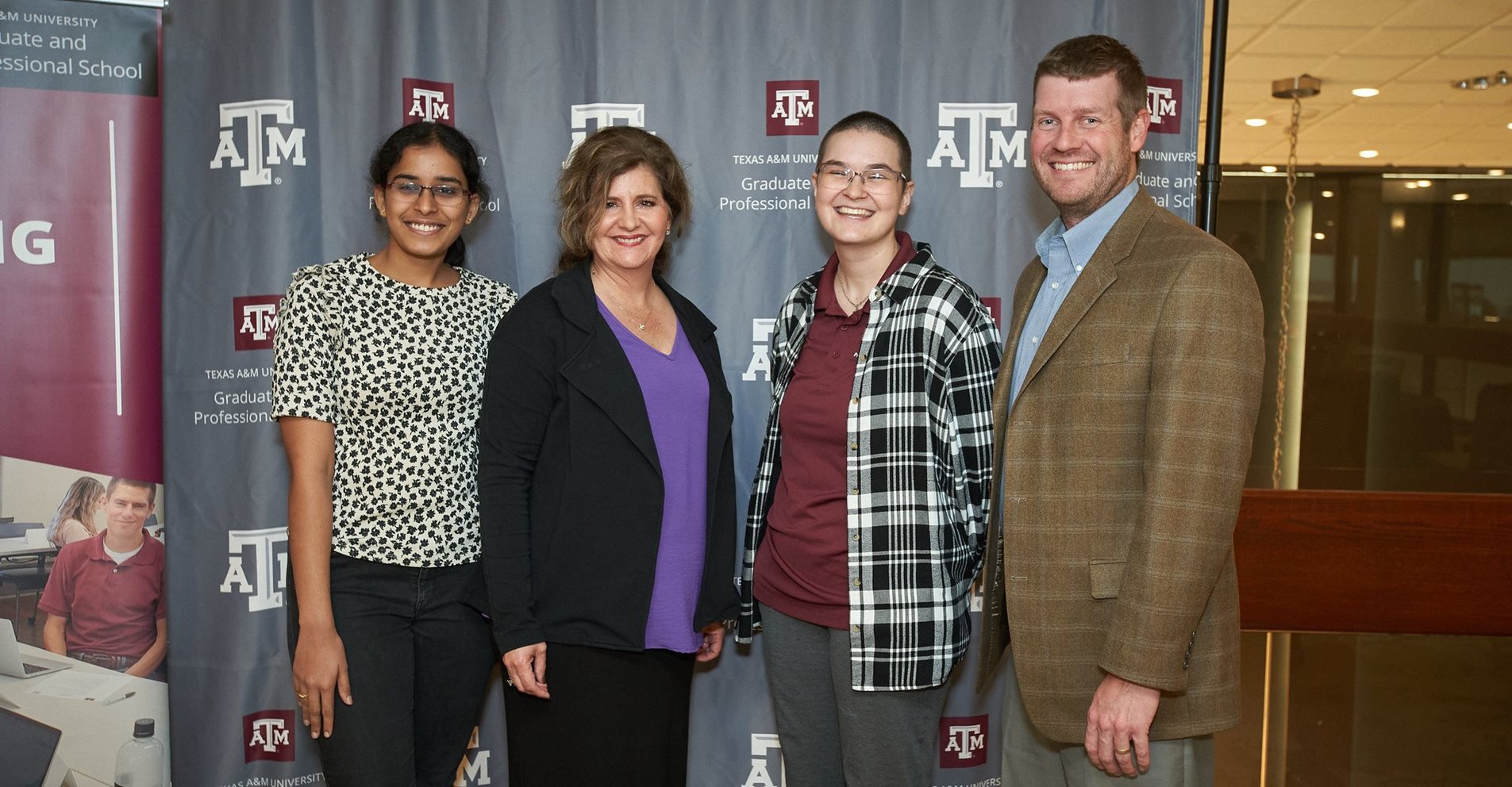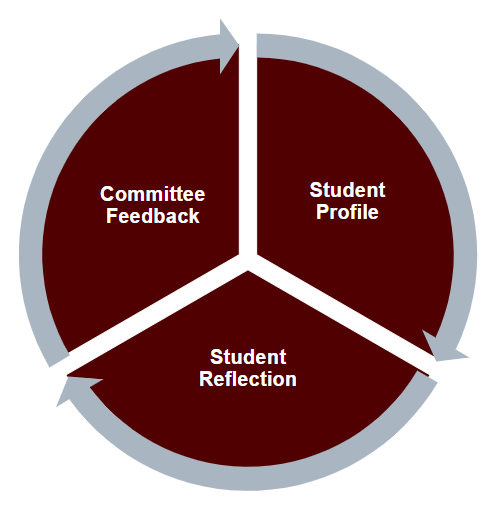Mentoring
Graduate Mentoring Academy

The Graduate Mentoring Academy (GMA) offers workshops designed for graduate and professional school students. These workshops aim to enhance mentoring skills and develop a mentoring culture throughout Texas A&M.
GMA utilizes resources from the Center for the Improvement of Mentored Experiences in Research (CIMER), which encompasses seven evidence-based mentorship competencies:
•Maintaining Effective Communication
•Assessing Understanding
•Aligning Expectations
•Fostering Independence
•Promoting Professional Development
•Supporting Wellbeing
•Articulating Your Mentoring Philosophy and Plan (Capstone Session)
GMA collaborates with the Center for Teaching Excellence, which hosts the Faculty Mentoring Academy. Together, these initiatives contribute to a culture of effective mentoring at Texas A&M . Workshops are offered to graduate and professional school students, providing them with valuable insights and skills related to mentorship.
If you are interested in participating in sessions or learning more about the Graduate Mentoring Academy, visit the GMA portal for registration details or additional information.
My Grad Journey System
My Grad Journey is an innovative online Individual Development Plan (IDP) tool that enables Texas A&M graduate & professional students to curate and share their academic and professional profile.

Students can view their current academic progress and enter details about their academic, research, professional development activities, Through reflections, students can also share their career aspirations and track any changes in their goals or trajectory.
Their faculty committee members and authorized staff can review and coordinate feedback in annual and ad-hoc review processes.
Mentoring Resources and Tools
The Graduate and Professional School encourages students and mentors to use the following resources to assist in ensuring the right conversations are happening at the right times.
Texas A&M University Compact Between Graduate Students and Their Supervising Faculty
The Grad Student-Supervising Faculty Compact was developed by the Texas A&M University Faculty-Student Agreement Task Force to help students and their supervising faculty define the responsibilities and expectations that should govern their relationship, which is a key component of graduate student success. The document is a fillable form students and their supervising faculty can work together to complete.
View or download the Grad Student-Supervising Faculty Compact
Individual Development Plan (IDP)
The IDP is an essential tool designed to help graduate and professional students
- Identify professional goals and objectives
- Assess current skills
- Communicate with their advisor and mentor to develop an action plan to achieve short- and long-term objectives
The IDP is a document students can revisit again and again, update and refine as their goals change and/or come into focus, and track their progress and accomplishments.
View or download the Individual Development Plan (IDP)
Mentoring Maps
Mentoring maps can be useful resources, allowing you to visualize your current network of mentors and identify areas of your academic, personal and professional growth where you can expand your mentoring and support network.
Mentoring Map Worksheets
